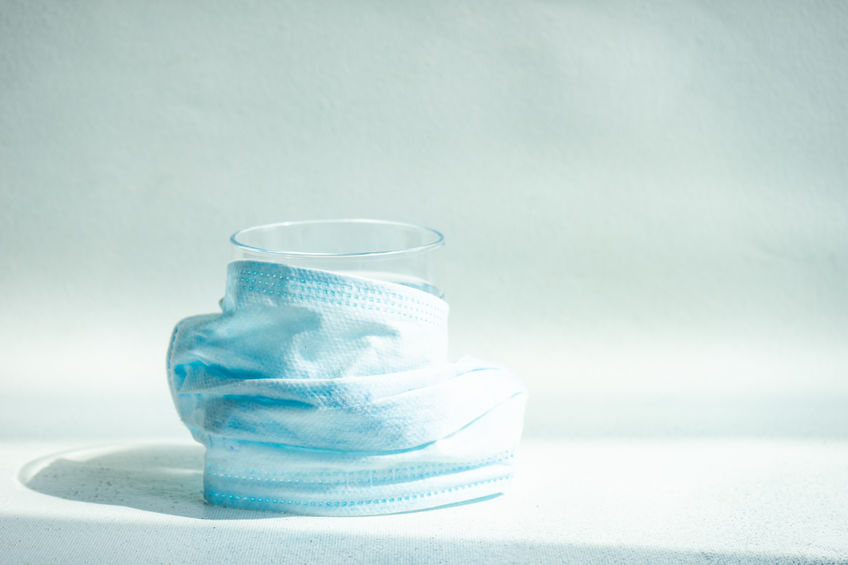By John Salak –
Well here’s some good news for middle-aged and older adults who enjoy a little wine or an occasional dram of liquor. The University of Georgia has just reported that light to moderate drinking may actually help support brain function among those getting on in life.
Many studies, of course, have backed up the notion that moderate alcohol consumption is good for heart health. But few if any research efforts have exclusively focused on whether a little wine or other alcoholic beverage helps support long-term cognitive functions—at least until now.
The University of Georgia (UGA) stepped in to fill this void by tracking 10 years of data from almost 20,000 participants. The university tracked cognitive function over this time via a series of tests on the participants’ overall mental status, word recall and vocabulary. Researchers then compared the trajectory of these tests with each individual’s alcohol consumption.
“We wanted to know if drinking a small amount of alcohol actually correlates with a good cognitive function, or is it just a kind of survivor bias,” said lead author Ruiyuan Zhang, a doctoral student at UGA’s College of Public Health.
The results found that compared to nondrinkers, light to moderate alcohol users demonstrated stronger cognitive readings over time. The association between drinking and cognition was even stronger among white participants versus African Americans. These results held up even when the university’s researchers took other factors into account that are known to impact cognition such as age, smoking or education levels.
So, what does moderate to light drinking mean? UGA researchers pegged it at fewer than eight drinks per week for women and 15 drinks for men. They also placed that optimal amount of drinks per week at between 10 and 14 but quickly added that anyone drinking less than this shouldn’t necessarily increase their consumption.
“It is hard to say this effect is causal,” Zhang said. “So, if some people don’t drink alcoholic beverages, this study does not encourage them to drink to prevent cognitive function decline.”
UGA’s research, of course, represents the good news for those who appreciate spirits and wine. The bad news? Forget about those online reports that drinking hard liquor can actually protect people from Covid-19 because it acts to kill the virus as it sits in their stomachs. If the rising cases of coronavirus infections coming out of states like Florida and Texas, which opened their bars early during the pandemic, isn’t proof enough, how about a warning from the World Health Organization? WHO warns that alcohol will not protect anyone from Covid-19 and that it might actually weaken a person’s immune system, making them more susceptible to the virus.
“There is no direct research that I’m aware of in relation to alcohol and Covid-19,” Gregory A. Poland of the Mayo Clinic told The Cut. “But the absence of research doesn’t mean the absence of harm,” he added.
All this points to a somewhat confusing conclusion. Yes, have a drink or two a day and your mind just might thank you. But don’t expect a bottle of Jack Daniels or Oban to be a bulwark against Covid-19.










